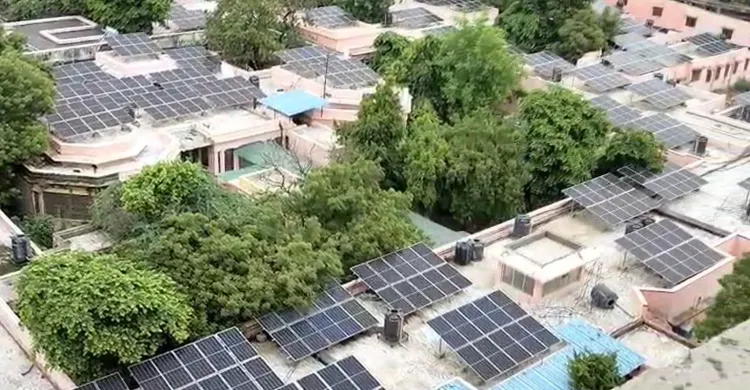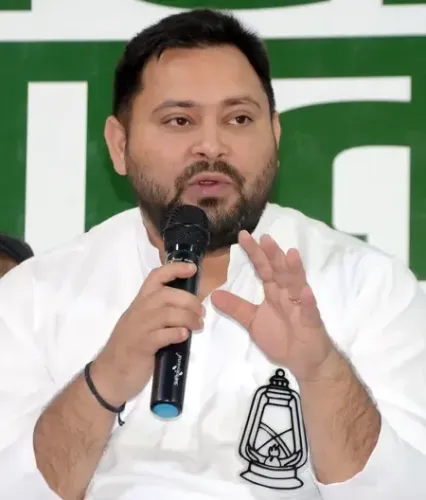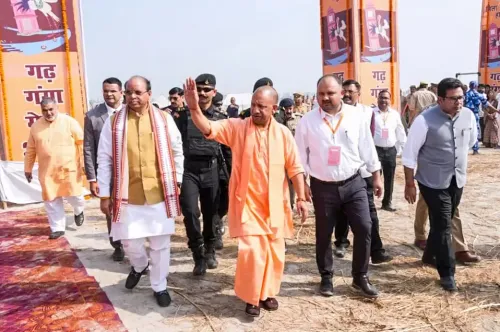Is Bundi Hospital's Solar Energy Initiative a Game Changer?

Synopsis
Key Takeaways
- Bundi Hospital adopts solar energy for sustainability.
- 4.5-kilowatt solar panel system installed.
- Project aims to reduce electricity costs significantly.
- Surplus energy can be sold back to the grid.
- Initiative sets a precedent for public institutions.
Bundi, Rajasthan, July 12 (NationPress) In a noteworthy advancement towards sustainable energy and self-sufficiency, the Health Department in Bundi, Rajasthan, has made a significant transition by embracing solar energy as part of the government's initiative aimed at enhancing renewable energy usage across public sectors.
In a move that is highly advantageous for both patients and staff, a 4.5-kilowatt solar panel system has been installed at the Bundi District General Hospital. This initiative is designed to lower electricity consumption and dramatically reduce monthly electricity expenses.
This pivotal decision arrives at a time when the hospital has been struggling with frequent power outages, which have been disrupting operational activities.
With the new solar energy installation, officials anticipate that the hospital will benefit from a steady power supply, ensuring a more efficient experience for both patients and healthcare staff.
Lakshmi Narayan Meena, who oversees the General Hospital, expressed his contentment with the initiative. In an interview with IANS, Meena noted, "This solar panel will genuinely assist us in overcoming the difficulties posed by constant power interruptions, and it will also alleviate the strain of hefty electricity bills. All departments should implement this system."
He further remarked that such initiatives from the state government would serve as a benchmark for administrative offices and public institutions.
One of the primary advantages of this solar system is its potential to generate excess electricity. Should the hospital produce more energy than needed, the surplus can be sold back to the electricity distribution company (DISCOM).
This would create an additional revenue stream for the department, which could be used for minor operational costs, offering further financial relief. He mentioned that the excess power could be supplied to the government, providing mutual benefits.
"There are no faults or related issues in the power supply generated through solar panels, unlike those typically encountered in conventional power systems," he added.
He applauded this initiative, stating that it brings numerous advantages. This shift to solar energy represents a significant step toward making the Bundi Health Department more self-reliant and environmentally conscious.









